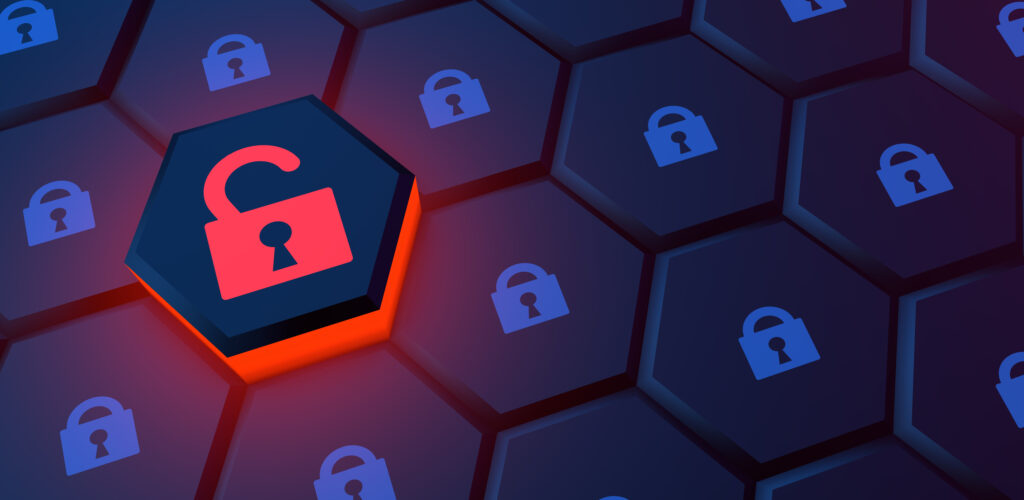Cybercrime and Religious Institutions: A Wake-Up Call for the Faithful
- Contributor
- Ray Roberts
Aug 24, 2023
In today's increasingly digital era, the allure of cybercrime extends beyond just corporate and governmental organizations to sectors less typically associated with technology – religious institutions. Religious institutions, often assumed to operate outside the realm of technological risks, are finding themselves exposed to a new kind of threat.
The Targeting of Religious Institutions
One might wonder why cybercriminals would set their sights on religious institutions, seemingly peaceful places of worship and community. Delving deeper into this question reveals that the motivations aren't always rooted in direct opposition to the beliefs or values of these institutions. Instead, the answer often lies in a combination of factors:
- Data Rich, Defense Poor: Like any other organization, religious institutions store the personal data of their members – names, addresses, contact details, donation records, and sometimes even financial information. However, many of these institutions may not have the robust cybersecurity measures corporate entities do, making them soft targets.
- Financial Reserves: Many religious institutions have accumulated substantial financial reserves over time. From tithes to donations, even investments or properties, these funds can be significant, sometimes amounting to millions of dollars. Cybercriminals, with their finger on the pulse of potential high-value targets, recognize this and understand that infiltrating the digital systems of these religious institutions can potentially yield lucrative results.
- Trust Factor: The trust that members place in religious institutions can sometimes be used against them. Cybercriminals, recognizing this deep-rooted faith and intrinsic trust that members place in religious institutions, utilize phishing attacks mimicking the tone, style, and even the branding of the religious institution's regular communications, leading members to unwittingly divulge personal or financial information. Such breaches not only have dire consequences for the individual members but can also tarnish the reputation of the religious institution involved.
Impacts on Religious Institutions
The ramifications of a cyber attack on a religious institution are not just digital but deeply tangible and can profoundly affect its foundational pillars. Direct financial theft, either from the institution's coffers or its members through deceptive communications, can debilitate its operational capacity and hinder its core missions. Concurrently, the very essence of the institution — trust — can suffer a significant blow. News of such breaches can quickly diminish the confidence of members and the broader community in the institution, leading to a challenging and prolonged trust-rebuilding process. Beyond these, the day-to-day operations, encompassing everything from service schedules and event management to vital communication channels, can experience severe disruptions, further magnifying the institution's challenges in the aftermath of an attack.
Failing to be proactive in confronting cyber threats can lead to severe repercussions for religious institutions. Without robust cybersecurity measures, these institutions become easy targets, akin to low-hanging fruit for cybercriminals. Additionally, the erosion of trust members could feel, knowing that their personal information is vulnerable, could lead to a decline in membership and exert substantial fiscal pressure on an institution's resources.
A Proactive Approach
When it comes to cybersecurity, taking a proactive stance is imperative for religious organizations. To protect themselves against looming cyber threats, institutions should begin with a thorough risk assessment to discern their unique vulnerabilities. It's essential to recognize that risks are not homogenous; certain threats might be amplified based on an institution's specific operational methodologies or the technological tools they employ. Additionally, there's an indispensable need to invest in the education and training of staff and congregants, equipping them to discern and thwart looming cyber threats. This extends to adopting robust cybersecurity protocols, encompassing measures like stringent password policies, multi-factor authentication, the implementation of firewalls, punctual software updates, and the adoption of secure communication platforms. It becomes prudent to regularly back up all pivotal data, ensuring its safety and accessibility, and effectively address the multifaceted nature of cyber threats by engaging with cybersecurity specialists, especially those familiar with the nuances of religious institutions, who can offer invaluable, customized insights.
In an age where cyber threats loom large, religious institutions cannot afford to remain complacent. Recognizing risks, taking proactive measures, and seeking expert counsel are crucial steps to safeguard their missions, members, and enduring legacy. If you have questions or concerns about bolstering your institution's cybersecurity, don't hesitate to reach out to your CRI advisor. We're here to assist and guide you every step of the way.

































































































































































































































































































































































































































































































































